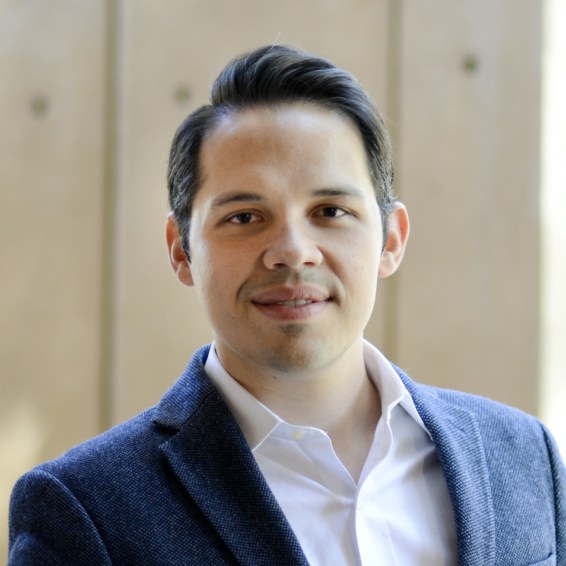Global Trends in Judicial Reforms (808W)
Democratic backsliding and the reemergence of authoritarianism around the globe. Freedom House marked 2021 as the 18th consecutive year of global democratic decline, exacerbated by the COVID-19 pandemic, increasing polarization, and rising inequality. In the face of such trends, what role can a healthy, independent judiciary play in halting the rise of anti-democratic leaders and preserving the rule of law?
Students enrolled in this policy lab will have the opportunity to investigate answers to this question by conducting comparative research on 21st century judicial reform efforts. Which nations have pursued innovative new strategies to improve the functioning of their judiciaries? Topics for research will include advances in judicial independence, vetting, appointment mechanisms, balance of power structures, constitutional review, access to justice, and other factors affecting the rule of law. Students will have the opportunity to attend in-person talks and dinners with foreign Supreme Court and Constitutional Court Justices. (The lab has received grants to host these foreign justices at Stanford). Confirmed guests to the lab include current Magistrates or ex-Magistrates from the Colombian Constitutional Court, Peruvian Supreme Court, Costa Rican Supreme Court, Mexican Supreme Court, and Chilean Supreme Court. Students will be able to interview these foreign judges in small groups. Students will compile their findings, along with recommendations for future research and reform efforts, into a judicial reform database.
The lab will culminate with a field research trip to study reforms in Colombia. Students in past versions of the lab identified Colombia as potentially a successful model of judicial reforms. Specifically, Colombia’s Constitutional Court has become one of the most recognized and powerful constitutional courts and, among other things, its appointment mechanism seems to promote judicial independence. Students enrolled in the lab can attend a week-long trip to Colombia in March 2023 to participate in meetings and in-depth interviews with judges, lawyers, and bureaucrats. Throughout the quarter, students will survey the impact of a specific country’s reforms on various stakeholders in the legal system, including judges, legal practitioners, and the public. The lab can also sponsor smaller student/research trips to other Latin American countries, including Mexico, Peru, and Chile. Elements in used in grading: Attendance, Performance, Class Participation, Written Assignments, Final Paper.
CONSENT APPLICATION: To apply for this course, students must complete and submit a Consent Application Form available at https://law.stanford.edu/education/courses/consent-of-instructor-forms/. See Consent Application Form for instructions and submission deadline.

